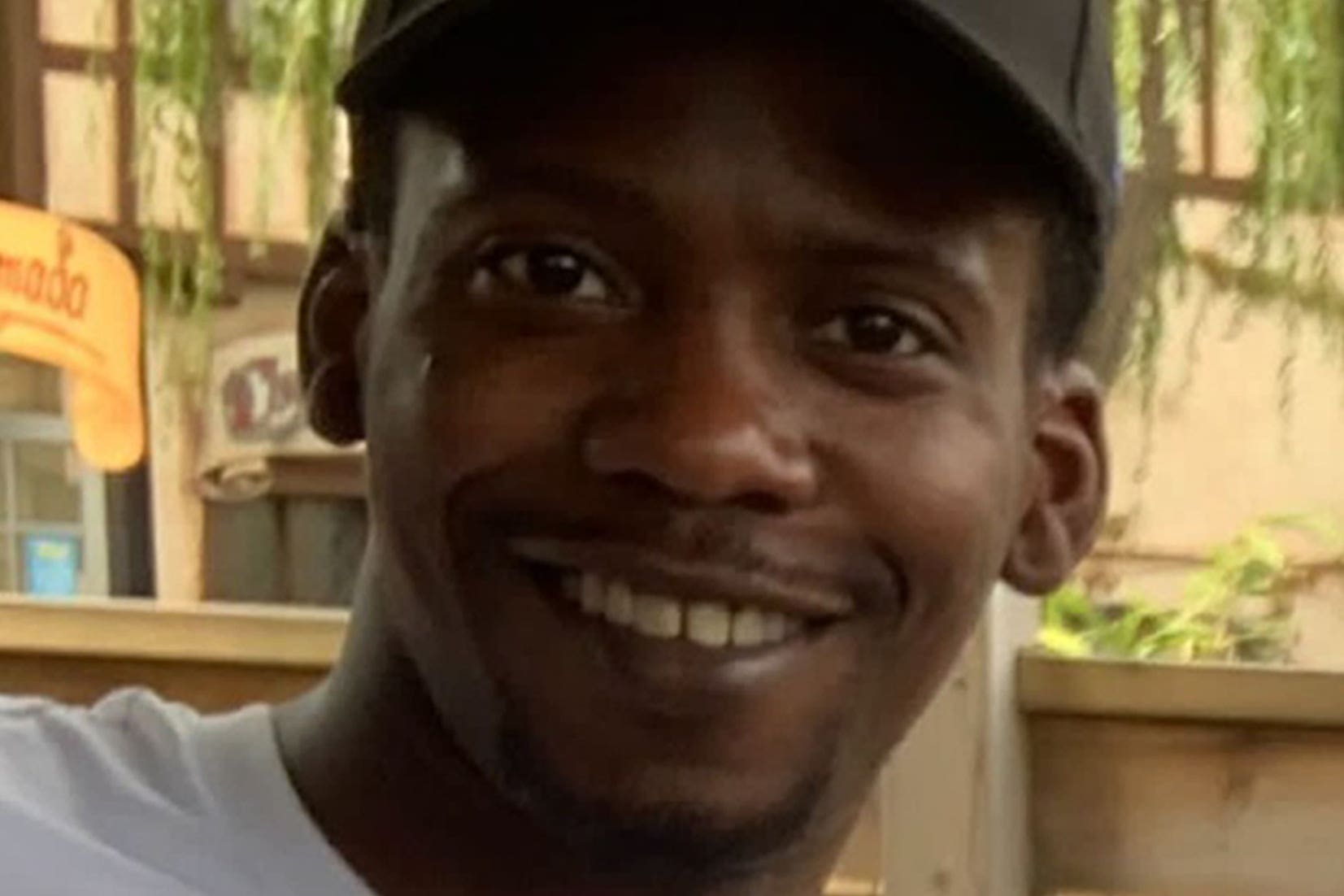Three men ‘mistakenly’ cleared by jury are in prison unlawfully, High Court told
Three defendants were acquitted over the stabbing of Adrian Keise before the judge received a note saying not all jurors agreed on the verdicts.

Three men facing a potential re-trial after allegedly being accidentally cleared of killing a man due to a jury forewoman “mistake” are being detained unlawfully and should be released, the High Court has been told.
Last month, brothers Paul and Matthew Yusuff and their friend Moussa Traore were initially unanimously acquitted by jurors of offences relating to the fatal stabbing of 32-year-old Adrian Keise outside Waterloo station in London.
But within minutes of the not guilty verdicts being delivered, the jury at the Old Bailey were reconvened after a judge received a note indicating jurors had not all agreed on their decisions.
Who can rule out for sure that a juror was not moved upon verdict by the physical reaction of a defendant, their family or a deceased family member leading to a change of heart?
When the jury forewoman was asked by Judge Charles Gratwicke if she had made a mistake when she said the jury’s verdicts were unanimous, she replied: “Yes”.
The jury were sent out to restart deliberations, and while they later found Paul Yusuff not guilty of possessing a blade or point, jurors were unable to reach verdicts on the other counts and were discharged again.
Paul Yusuff, 21, and Matthew Yusuff, 23, had faced charges of murder and were also charged with an alternative count of manslaughter along with Traore, 24.
At a High Court hearing in London on Thursday, lawyers for the three men – who denied all the charges and remain in HMP Belmarsh pending a possible re-trial later this year – argued that the first not guilty verdicts were “valid” and should not have been “re-opened”.
Kerim Fuad KC, representing Paul Yusuff, said the ongoing detention of the trio from south London was “illegal” as proceedings became a “nullity” after the jury were discharged following the initial verdicts.
He said these first verdicts were taken “flawlessly, without dissent”, with there being no suggestion they were not received “to the letter of the law”.
The barrister said that when the jury were first let go they were outside the “controlled and transparent environment” of the courtroom, were no longer under oath and had “ample time” in which they could have discussed the case amongst themselves or others outside, including via phone messages.
He said it was “equally likely” there was a “change of mind” within the 17 minutes before the alleged mistake was raised.
Mr Fuad concluded: “It would be a dark day indeed in our proud system of trial by jury, that has faithfully served our citizens for hundreds of years, whose sanctity of verdicts are reached in private, and delivered in public before all to witness, to later be subject to investigation, doubt and prying into the very privacy that lies at the cornerstone of a jury, so it can properly and fearlessly function without favour.
He added: “Is a judge to wait for 15 minutes post verdict detaining the jury to triple check that their guilty or not guilty verdicts are correct?
“Who can rule out for sure that a juror was not moved upon verdict by the physical reaction of a defendant, their family or a deceased family member leading to a change of heart?”
Felicity Gerry KC, representing Matthew Yusuff, said the point to question “any slip” by the jury was when they were in court giving their initial verdicts.
“The verdicts should not have been re-opened in any way,” she said, adding that enquiries could not be made into the jury’s deliberations.
Jonathan Hall KC, representing the Crown Prosecution Service, said that “an error was clearly made” after a “misunderstanding” by the jury which was “communicated very quickly” to the judge.
In written arguments, he said it could not be claimed the jury forewoman saying she made a mistake “was somehow untrue or inaccurate”.
“The possibility of a change of mind by the jury can be excluded in this case,” the barrister said, noting that jurors had previously indicated they were divided in a note to the judge before the allegedly mistaken verdicts.
“The interests of justice do not demand that a clear error by the forewoman should stand as the outcome of the trial for these grave alleged offences,” the barrister said.
Mr Hall said the High Court did not have the power to intervene in the case, adding that Judge Gratwicke had “properly exercised his discretion to allow rectification of the jury’s mistake”.
Dame Victoria Sharp, Mr Justice Holgate and Mr Justice Hilliard will give their ruling at a later date.
